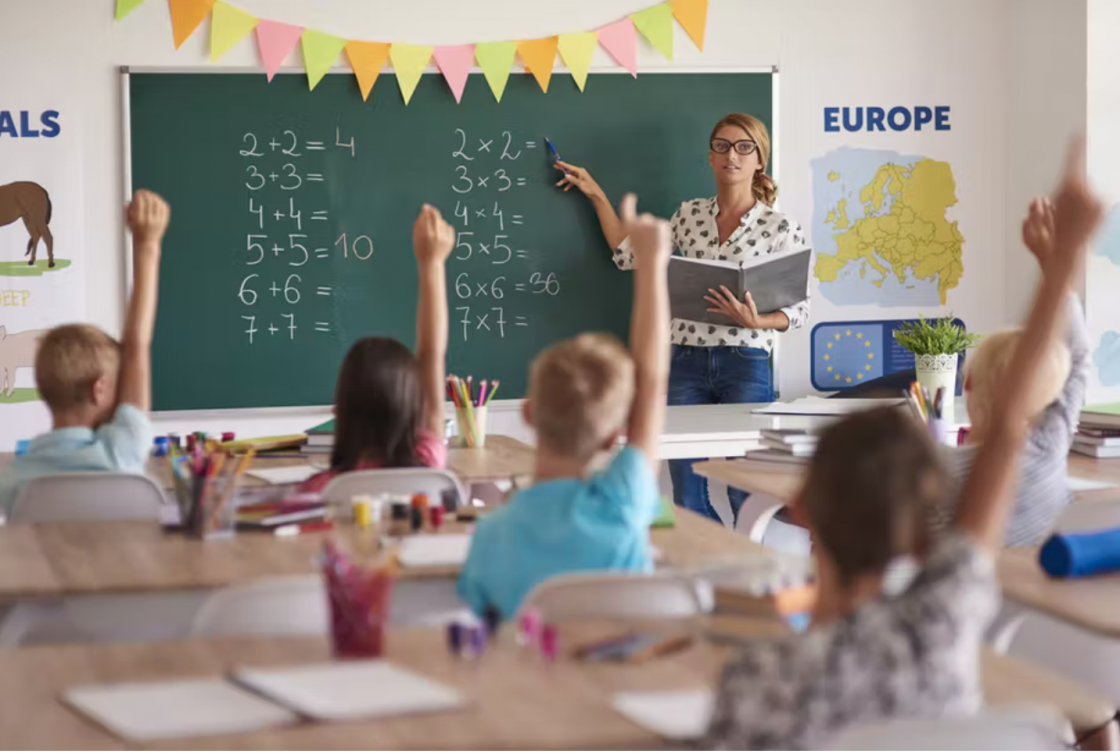Role of teachers in inclusion processes

Inclusion is a complex process that requires empathy, sensitivity and, above all, collaboration from all stakeholders. If we talk about student`s inclusion, the role of teachers in supporting students’ achievement at school and in life is crucial. In an increasingly complex world, reflected by the diverse composition of the class, teachers are expected to know how to effectively reach all learners with their uniqueness. “Teachers’ knowledge, competencies and skills related to understanding diversity in all its forms, intercultural education, multilingualism and teaching to second language learners should be embedded within Initial Training Education (ITE) and reinforced through Continous Professional Development (CPD) (ET2020 Working group on school policy, 2015)13.
Today, teachers face new challenges, and their role has become more demanding (EU Commission, 2017). Teachers’ inclusive competencies should be developed, enhanced, and updated regularly, in order for them to better understand, embrace and work with diversity, not only at the classroom level but also at the school and community level, since “the quality of teaching is crucial if young people are to be inspired in the classroom and reach their full potential.” (Eurydice, 2018).
